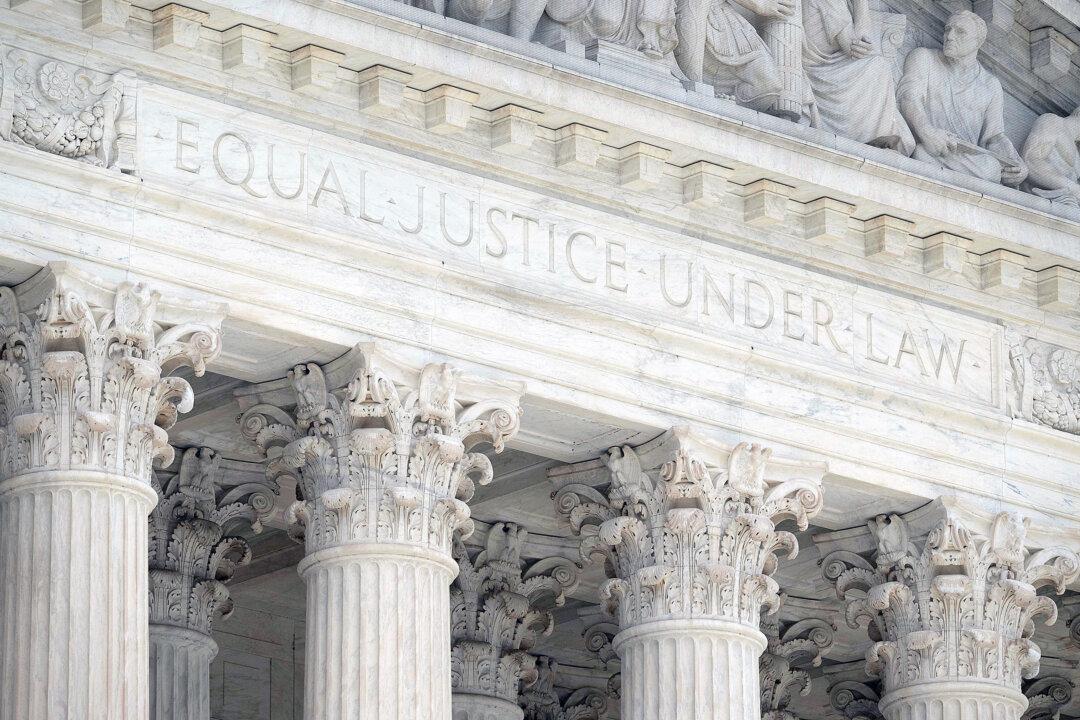The Supreme Court has agreed to review the death sentence imposed on an Arizona inmate who claims he received ineffective assistance from counsel during the sentencing process.
The Sixth Amendment to the U.S. Constitution guarantees a criminal defendant the right to effective assistance of counsel.





